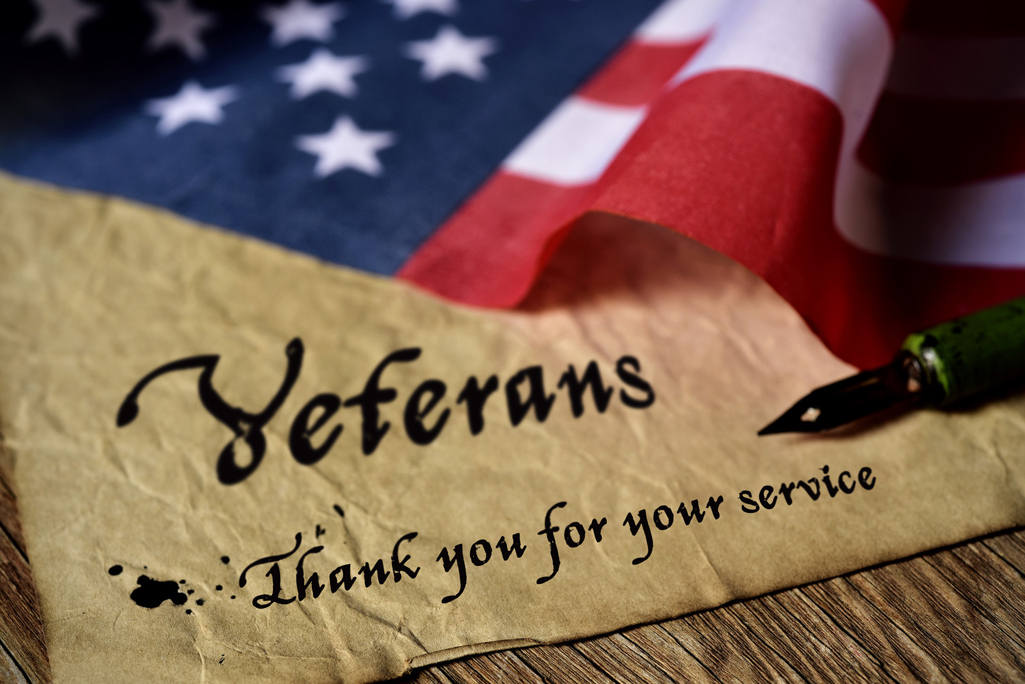VA pension for wartime veterans and surviving spouses

By Tammy Javenkoski
Oneida County VSO
A non-service connected pension is a benefit that provides financial support to wartime veterans with limited income. In order to be eligible, a veteran had to have been discharged from service under other than dishonorable conditions and had to have served 90 days or more on active duty with at least one day during a period of war. Income for this pension is defined as household income from all sources including but not limited to, wages, other pensions, social security, interest, and dividends. Monthly payments are made by the VA to bring total household annual income to an established support level. Following are the annual rates for 2021:
– Basic pension rate for veteran: $13,931
– Basic pension rate for veteran w/ 1 dependent: $18,243
– Housebound rate for veteran: $17,024
– Housebound rate for veteran w/ 1 dependent: $21,337
– Aid and Attendance rate for veteran: $23,238
– Aid and Attendance rate for veteran w/ 1 dependent: $27,549
The VA will adjust income by annual household medical expenses they can reasonably presume will recur each month at the same rate such as Medicare, supplemental health insurance premiums, and home health care costs. Doctor and medication co-pays are not normally accepted as recurring monthly medical expenses since they vary from month to month. If a veteran lives in an assisted living facility or nursing home, the cost to stay there could be counted as a medical expense.
Assets are also considered by the VA when determining whether or not a veteran is eligible for this benefit. The VA uses a “bright line” which in 2021 is $130,773. If the adjusted income (income after medical expenses are deducted) plus assets exceed the bright line that would render a veteran ineligible, at least until their income and assets are below the bright line.
Veterans under the age of 65: Must be deemed permanently and totally disabled. This means a veteran must meet one of the following:
– Suffers from any disability which is sufficient to render it impossible for the average person to follow a substantially gainful occupation but only if it is reasonably certain the disability will continue throughout the life of the veteran.
– Is a patient in a nursing home for long-term care because of a disability.
– Is disabled as determined by the Social Security Administration (SSA) for the purpose of benefits administered by the SSA. In other words, if the SSA deems a veteran disabled, the VA automatically will.
Veterans 65 and older: These veterans do not have to be deemed permanently and totally disabled, they just to have a countable family income below the yearly limit set by law.
There is also a Survivor’s Pension for widow(er)s of veterans as long as the veteran met the active duty and character of discharge criteria at the time of their death; however, the rates are lower than the veteran’s pension.
This is the most complicated benefit the VA offers and there’s so much more information I could write about. If you think you may be eligible, please go to our web page, which is co.oneida.wi.us/departments/vs/. It contains more detailed information about this benefit and so many other benefits. You can also call our office for more information.
Tammy Javenkoski can be reached at (715) 369-6127 or [email protected]. Jason Dailey, Assistant CVSO, can be reached at the same number or [email protected], or you can contact us via our web page, co.oneida.wi.us/departments/vs/, or Facebook at facebook.com/oneidacvso.
Leave a reply
You must be logged in to post a comment.




